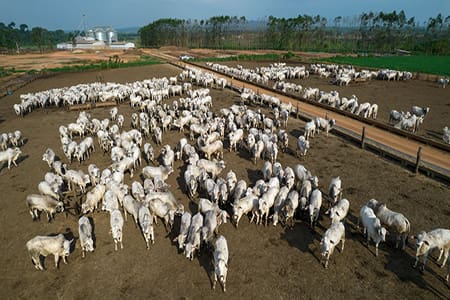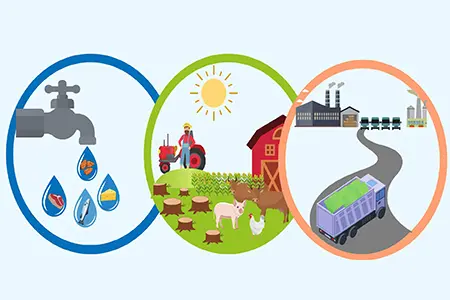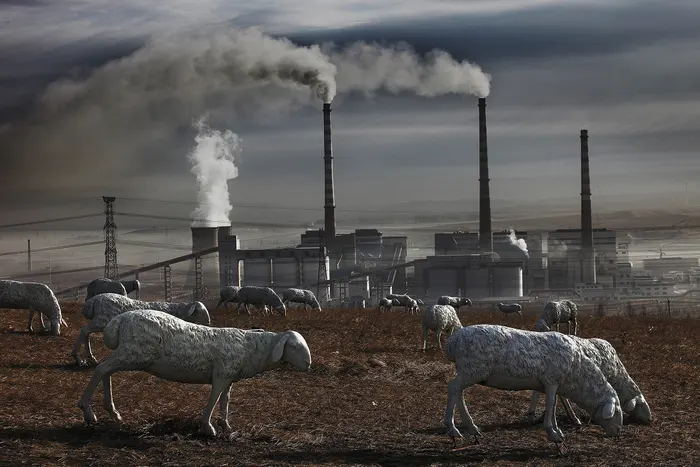Deforestation driven by industrial agriculture, particularly for livestock feed and grazing, is one of the leading causes of habitat loss and ecosystem disruption worldwide. Vast tracts of forests are cleared to make way for cattle pastures, soybean cultivation, and other feed crops, displacing countless species and fragmenting natural habitats. This destruction not only threatens biodiversity but also destabilizes local and global ecosystems, affecting pollination, soil fertility, and climate regulation.
Habitat loss extends beyond forests; wetlands, grasslands, and other critical ecosystems are increasingly compromised by agricultural expansion. Many species face extinction or population decline as their natural environments are converted into monoculture farms or livestock operations. The cascading effects of these changes ripple through food chains, altering predator-prey relationships and reducing the resilience of ecosystems to environmental stressors.
This category underscores the urgent need for sustainable land-use practices and conservation strategies. By highlighting the direct links between industrial farming, deforestation, and habitat degradation, it encourages proactive measures such as reforestation, habitat restoration, and responsible consumer choices that reduce the demand for land-intensive animal products. Protecting natural habitats is essential for preserving biodiversity, maintaining ecological balance, and ensuring a sustainable future for all living beings.
Meat production is one of the most significant contributors to environmental degradation, driving climate change, deforestation, water scarcity, and ecosystem destruction. From methane emissions in livestock farming to the clearing of vital forests like the Amazon for grazing and feed crops, its impact on our planet is immense. However, by adopting plant-based alternatives, reducing meat consumption, and supporting sustainable practices, we can collectively work towards a more environmentally friendly and ethical food system. Small changes in our daily choices have the power to protect biodiversity and combat climate challenges while fostering a healthier future for all






















































